
CBT is a practical type of counseling that helps people manage problems by changing their thinking and behavior. It’s solution-focused, meaning it gives you tools and strategies to feel better and handle life’s difficulties. We offer it at our residential treatment center and as part of our outpatient programs.
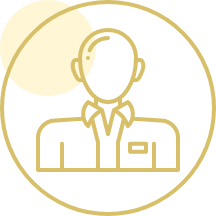
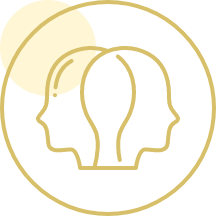
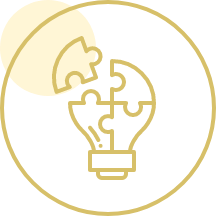
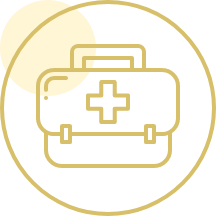

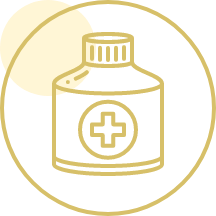



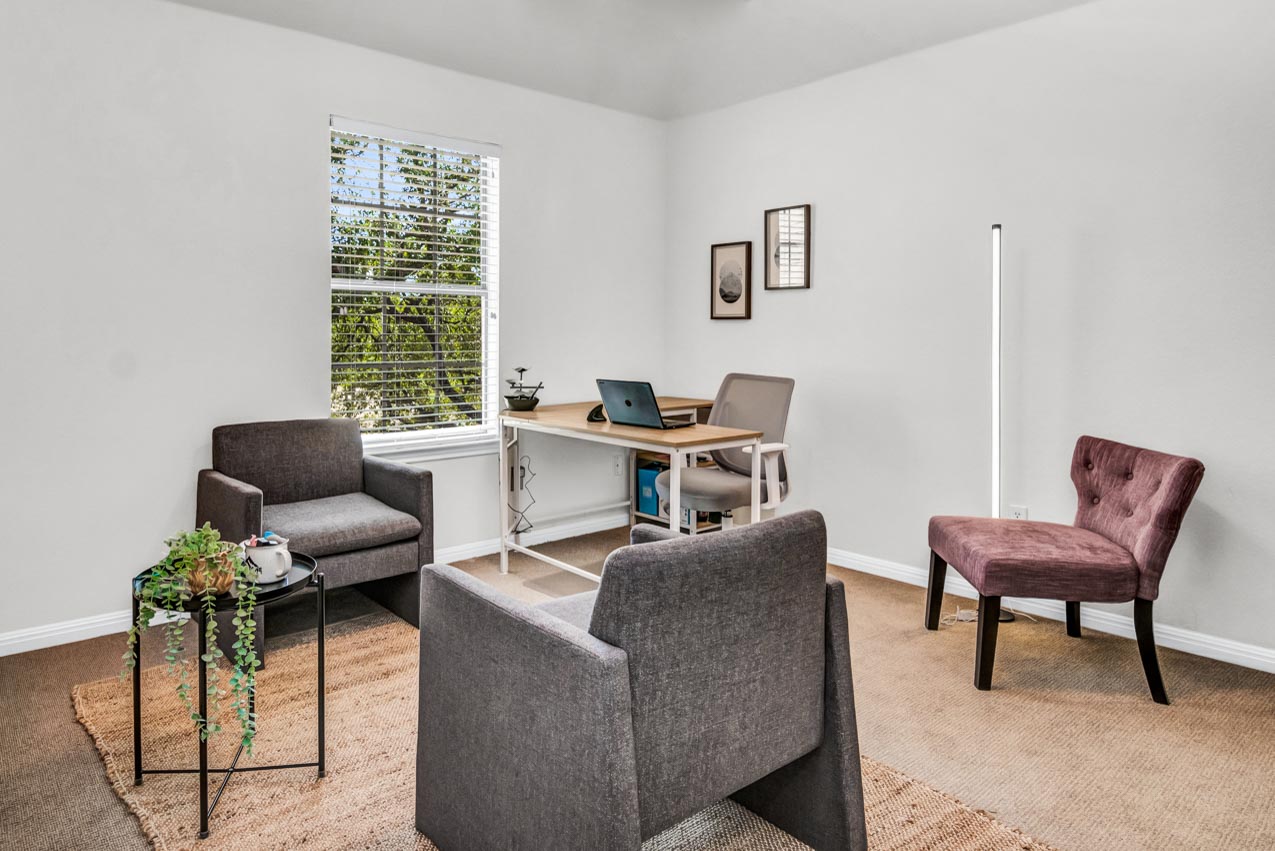














Cognitive Behavioral Therapy, often called CBT, is talk therapy that helps people change their negative thoughts and behaviors. It’s based on the idea that your thoughts and actions affect how you feel. If you can change harmful thought patterns, you can improve your handling of stress and problems in your life.
People often use CBT to manage mental health conditions like anxiety, as depression treatment, and to help with PTSD, addiction, and everyday stress. It’s popular because it’s practical—you learn real skills that you can use right away. CBT usually doesn’t last for years; instead, sessions typically last a few weeks or months, focusing on clear goals and quick progress.
If you’re considering cognitive behavioral therapy in Austin, understanding the basics will help you decide if it’s the right choice for your needs as part of your dual diagnosis treatment.

CBT is a structured process that involves several defined steps.
The first step in CBT is recognizing the thoughts that make you feel upset or worried. These negative thoughts might sound like, “I’m not good enough,” “Nothing ever goes my way,” or “Everyone dislikes me.” Learning to spot these thoughts as soon as they appear is an important part of CBT.
Once you know which thoughts bother you, you’ll examine them closely to see how they affect your feelings and behavior. For example, if you think “I’m going to fail,” you might feel anxious or scared and then avoid trying something new. CBT helps you see clearly how negative thinking leads directly to negative feelings and actions.
Next, CBT teaches you how to question these negative thoughts and then replace them with healthier, more balanced ideas. Instead of thinking, “I’m a failure,” you might learn to say, “I’ve succeeded before, and I can do it again.” Over time, changing these thoughts can lead to improved emotions and actions.
CBT therapists use several helpful techniques to support the steps above.
These are worksheets where you write down negative thoughts, the situations that triggered them, and evidence for and against those thoughts. Thought records help you see your thinking patterns clearly and make it easier to replace negative thoughts with more realistic ones.
Behavioral experiments involve testing your negative beliefs in real life. For example, if you believe people don’t like talking to you, a therapist might encourage you to start a conversation and observe how it goes. This can help prove that your fears aren’t always correct.
Mindfulness means focusing your attention on the present moment without judgment. In CBT, you might practice mindfulness or deep breathing exercises to calm anxiety, reduce stress, and feel more in control. When you choose cognitive behavioral therapy in Austin, your therapist guides you through these steps and techniques, helping you develop practical skills you can use every day.
Located just outside metro Austin, in Buda, Texas, we offer you a luxury environment that encourages healing and rejuvenation. Our secluded property provides you with a safe and comfortable, world-class setting where you can focus on your recovery.
We offer free consultations to anyone who reaches out for help. Did you know most major insurance carriers will cover the costs associated with treatment? Contact our trusted treatment team today to discuss your personal options for treatment.
Ava Recovery is proud to offer a variety of treatment options to provide you with a treatment plan that fits your needs. From detox to residential inpatient to aftercare and beyond, we’re with you each step of the way. Learn more about how we can help right now.

Cognitive Behavioral Therapy (CBT) helps many different people in Austin facing a wide variety of mental health challenges.
If you often feel worried, fearful, or sad, CBT can help you understand why you think this way. You’ll learn how your thoughts shape your emotions and discover techniques to manage or reduce these feelings. CBT enables you to break out of patterns like overthinking or negative self-talk, which can significantly reduce symptoms of anxiety and depression.
Life changes—such as starting a new school, changing jobs, dealing with a divorce, or losing someone important—can be very stressful. CBT helps by teaching you ways to handle stress more effectively. You'll develop coping skills that can make these tough situations less overwhelming, helping you stay calm and focused during challenging times.
For people who have experienced trauma, CBT can be especially helpful. Traumatic experiences can lead to recurring upsetting memories, flashbacks, or intense fear. Through CBT as a trauma-informed treatment, you can learn techniques to process these memories safely, reduce distressing symptoms, and regain control over your daily life.
If you're dealing with addiction, CBT can help you recognize thoughts and situations that trigger substance use. You’ll practice ways to change the patterns and develop healthier habits. CBT can also help you build stronger emotional skills, which support long-term recovery and sobriety.

















If you’re considering cognitive behavioral therapy in Austin, here are some important benefits you might expect.
Instead of feeling overwhelmed, you’ll practice strategies to manage stress, handle difficult relationships, or navigate life changes. These coping skills last long after therapy ends, helping you stay steady even when life gets tough.
Managing your feelings—especially strong emotions like anger, anxiety, or sadness—is challenging. CBT teaches you ways to recognize your emotions before they become overwhelming. You’ll practice calming techniques and methods to respond thoughtfully rather than react impulsively.
By understanding your thought patterns—such as negative thinking or self-critical beliefs—you can recognize when you’re falling into old habits. Greater self-awareness helps you break harmful patterns and then build healthier ones.
CBT focuses on practical solutions. Throughout therapy, you’ll learn to break down problems into manageable pieces and approach them step by step. These problem-solving skills help you tackle life’s challenges with confidence. Instead of feeling stuck, you’ll learn ways to find solutions and take action.
Research shows that CBT effectively reduces symptoms of common mental health issues such as anxiety, depression, and stress. CBT helps you directly address the thoughts and behaviors that cause these feelings. Over time, you’ll notice fewer symptoms and feel more hopeful, relaxed, and in control of your life.
One of the biggest strengths of CBT is that the benefits last long after therapy is complete. Because CBT teaches you real, practical skills, you’ll continue using these tools throughout your life. When new problems arise, you’ll feel better equipped to handle them independently, leading to ongoing personal growth.

Starting therapy can feel intimidating, especially if you’re unsure what to expect. Here’s exactly what happens when you choose cognitive behavioral therapy in Austin at our alcohol and drug rehab center.
When you first come to Ava Recovery, you'll meet with a therapist for an initial assessment. This meeting is relaxed and judgment-free. You'll have the chance to talk openly about your current struggles, your personal goals, and any questions you have. Together, you and your therapist will outline a plan that addresses your specific challenges and creates a clear path forward.
In your regular CBT sessions, you’ll talk one-on-one with your therapist in a calm, private space. During each session, your therapist will help you identify thoughts and behaviors that might be holding you back. They'll show you practical ways to challenge negative thoughts, manage difficult emotions, and handle stressful situations. Your therapist will listen, offer guidance, and provide you with clear, step-by-step strategies you can start using immediately.
One unique and effective part of CBT at Ava Recovery is the homework you’ll receive after each session. These tasks are designed to help you practice new skills in your everyday life. Homework might include keeping a thought diary, trying relaxation exercises, or challenging yourself to face situations you've previously avoided. This real-life practice helps you quickly build confidence and see tangible results.
At Ava Recovery, you’re never alone in your journey. Your therapist provides consistent support, encouragement, and feedback as you work toward your goals. You'll have space to talk openly about what's working and what's challenging, and your therapist will adapt their approach to fit your needs.

CBT typically lasts anywhere from a few weeks to a few months. Most people have weekly sessions lasting about 45-60 minutes each.
CBT is effective for many people, but everyone is different. Its success often depends on your willingness to practice the skills you learn and participate actively in sessions.
Yes. CBT helps people struggling with addiction by teaching them skills to manage cravings, avoid triggers, and develop healthier coping methods.
In many cases, CBT is covered by insurance. It's always best to check directly with your insurance provider to confirm coverage details.
If you struggle with anxiety, depression, stress, trauma, or addiction, and you prefer practical skills and strategies, CBT could be a great fit. Speaking with a therapist can help you make the best decision.



If you’re considering therapy or have questions about cognitive behavioral therapy in Austin, the Ava Recovery team is here to help. We understand that reaching out can feel tough, but taking this step is a positive move toward feeling better. Our programs include residential and outpatient treatment as well as an intensive outpatient program.
Feel free to call us directly, send an email, or fill out our simple online contact form. Our friendly team is ready to answer your questions or help you schedule your first appointment. You don’t have to handle challenges alone—support is here whenever you’re ready. Reach out today and take your first step toward better mental health.
